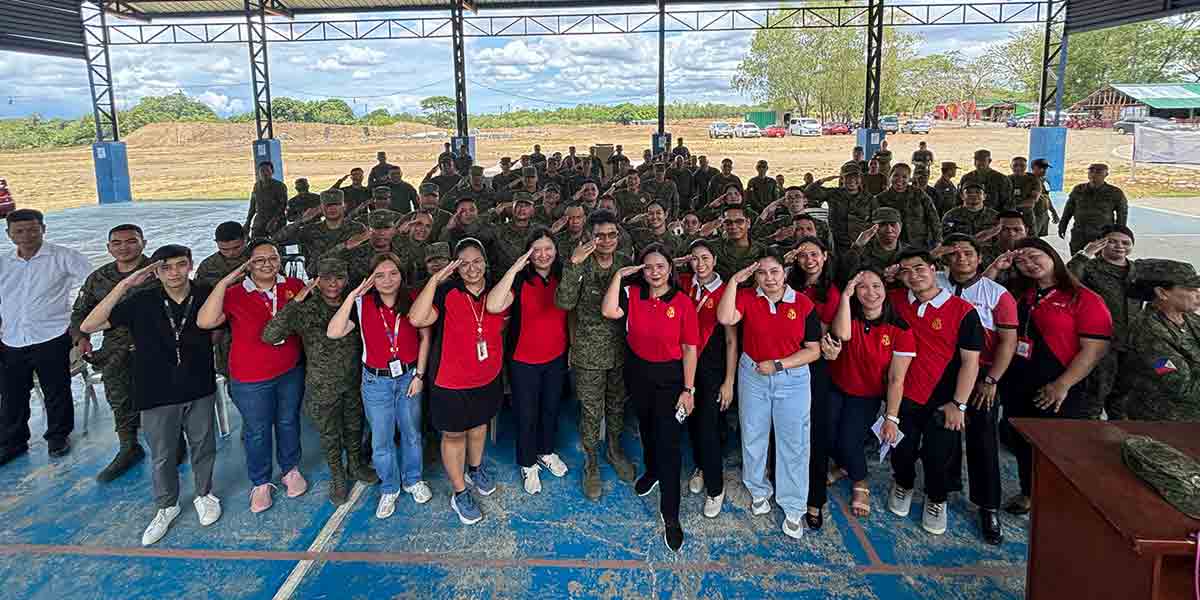
By Jennifer P. Rendon
Recognizing and mitigating attacks from weapons deemed to create mass destruction is an important facet in responding to attacks from all enemy fronts.
Recognizing this importance, the Philippine Army’s 3rd Infantry Division hosted the Chemical Biological Radiological Nuclear (CBRN) Training.
The opening ceremony of the 5-day CBRN training was held on April 10 at the Sandiwa Event Center in Camp General Macario Peralta, Jamindan, Capiz.
The training will form part of the Balikatan 38-23 joint military exercises. The Panay-leg Balikatan runs from March 20 to April 27.
This year’s exercise will focus on enhancing the interoperability and readiness of the Philippine and US armed forces in responding to a wide range of security challenges.
Major General Marion Sison, 3rd ID commander, pointed out that the CBRN training program will be a great help since it is designed to enhance the capabilities of the Philippine military and its allied forces in responding to chemical, biological, radiological, and nuclear threats that are potent in creating mass casualties, as well as mass disruption.
The training program will include classroom lectures, hands-on exercises, and simulations.
Forty-one Army soldiers have availed of the program, which will have four United States Army personnel as lecturers.
Sison said the CBRN training program is a crucial part of the Balikatan 38-23 joint military exercise, which aims to improve the interoperability and readiness of the Philippine and US armed forces in responding to various threats and disasters, including natural calamities and terrorist attacks.
“We are confident that this CBRN training program will enhance the capabilities of our military and allied forces to respond better and allows us to learn from each other, share best practices, and strengthen our readiness to respond to CBRN-related incidents,” Sison said.
The CBRN training program is just one of the several activities that will take place during the Balikatan 38-23 joint military exercise.
Other activities include humanitarian and civic assistance projects, joint combat training exercises, and cultural exchange programs.
Sison said the Balikatan 38-23 joint military exercise is a testament to the strong partnership and friendship between the Philippines and the United States.
It served as an opportunity for the two countries to work together toward promoting peace and security in the Asia-Pacific region, he added.





















